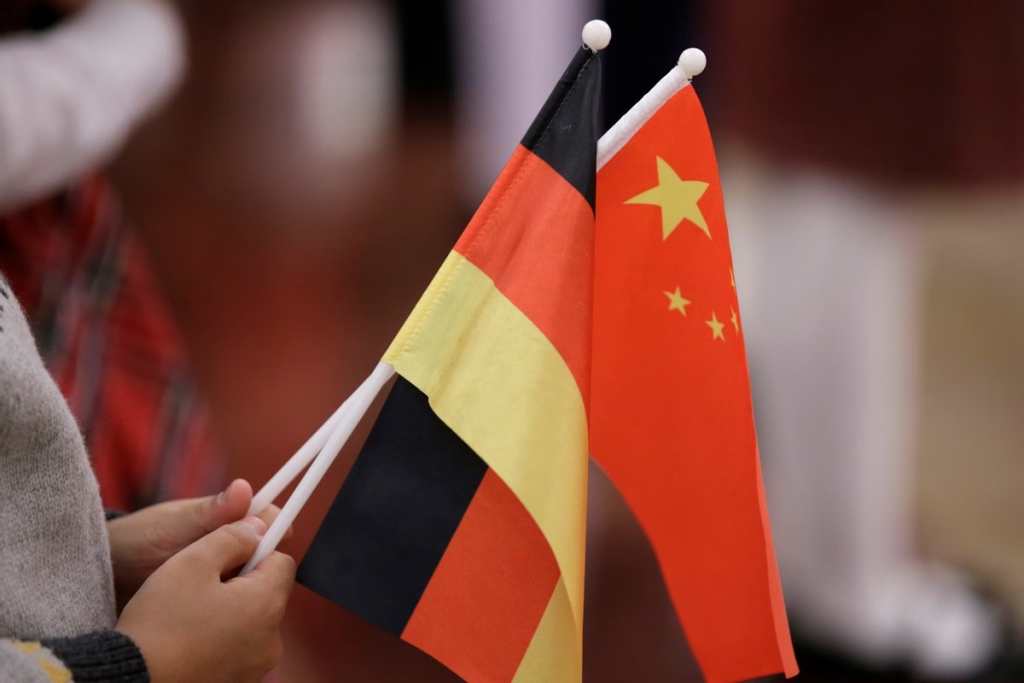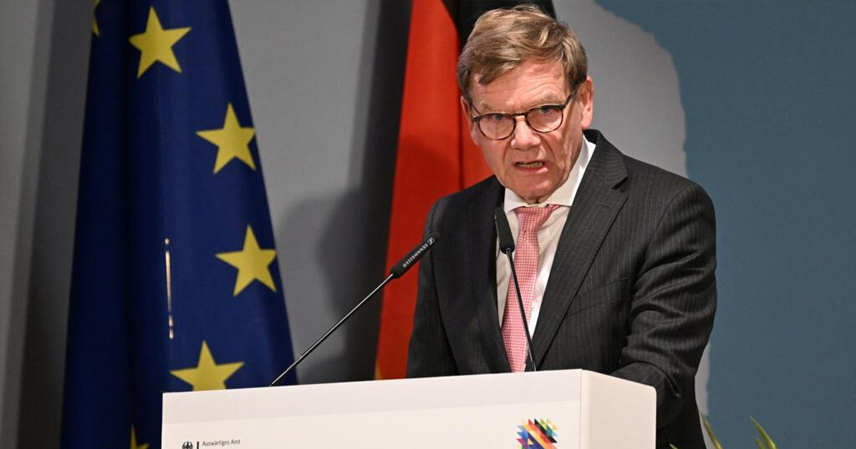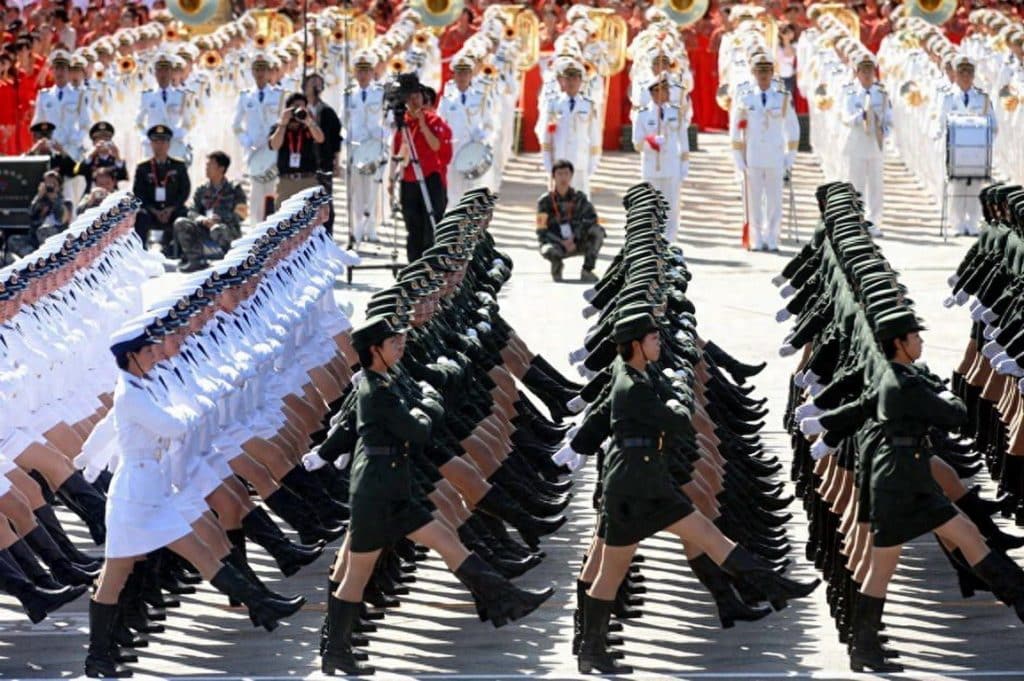Germany’s Foreign Minister, Waldfur, abruptly canceled his scheduled visit to China at the last minute, originally set for October 26. The German Foreign Ministry announced on the evening of October 24 that the trip would not proceed as planned, citing an “inability to arrange sufficient meetings” — though the underlying reasons may be more complex.
Provocative Statements Preceded the Cancellation
In the days leading up to the visit, Waldfur made several statements that Chinese officials considered provocative, particularly regarding the Taiwan Strait. He emphasized that the region must avoid “violent conflict” and “any violent change of the status quo,” linking these points to Germany’s adherence to the “One China” policy.

From China’s perspective, Waldfur’s remarks were an unwelcome attempt to predefine and comment on an internal matter. The Chinese Ministry of Foreign Affairs has repeatedly emphasized that its One-China principle is complete, accurate, and non-negotiable, leaving no room for external reinterpretation.
China also pointed out that the primary threat to cross-strait stability is “Taiwan independence” movements and their external support, not any assertion of sovereignty by Beijing. Statements that avoid condemning “Taiwan independence” can be seen as implicitly endorsing such separatist actions.
Diplomatic Courtesy Requires Basic Respect
Chinese diplomatic tradition values mutual respect. While differences may exist, visiting officials are expected to demonstrate a baseline of respect toward China. Waldfur’s controversial remarks undermined this foundation, making it difficult for Chinese authorities to engage as though nothing had happened.
Thus, the official explanation — insufficient meetings — likely masks the real diplomatic friction. The timing coincided with the first Taiwan Recovery Day, legally observed in China on October 25 to strengthen national unity and historical memory.
From a broader perspective, Waldfur’s statements may have inadvertently highlighted Germany’s misalignment with Chinese expectations, reflecting poorly on his diplomatic judgment and signaling the consequences of disregarding China’s core interests.

Implications for German Diplomacy
Observers have long expressed skepticism about Waldfur’s approach to China. Since taking office, he has repeatedly issued strong signals, drawing criticism from Chinese officials. Some Western analysts have even noted that his stance is harder than that of his predecessor, Baerbock.
This last-minute cancellation serves as a cautionary tale: diplomatic engagement with China requires more than logistical planning; it demands cultural awareness, respect for core interests, and careful messaging. Attempts to secure concessions, such as in rare-earth trade, must be approached with a proper attitude; simultaneous public criticism undermines negotiation credibility.
Key Takeaways
- Diplomatic visits are not merely logistical; they are symbolic of mutual respect.
- Provocative pre-visit statements can undermine intended outcomes.
- China maintains red lines on sovereignty and territorial integrity, which cannot be casually tested.
- Effective diplomacy combines timing, respect, and clear recognition of the other side’s interests.
References
- “Germany Foreign Minister Cancels China Visit Amid Controversy,” Global Times, 2025-10-24
- Chinese Ministry of Foreign Affairs Statements on Taiwan Recovery Day, 2025



